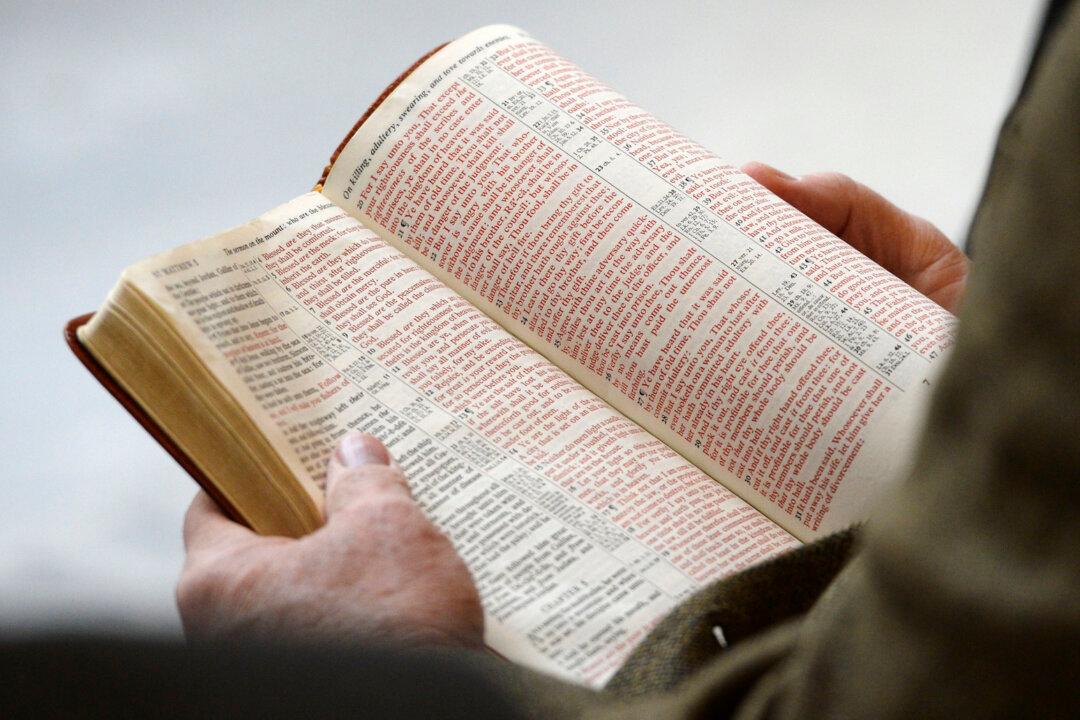In another pivotal moment for the United Methodist Church (UMC), the North Georgia Conference of the denomination witnessed the ratification of disaffiliation agreements for 261 of its churches over the weekend. The conference will still keep about 440 churches.
The disaffiliation vote is a direct consequence of long-standing debates over LGBT issues within the church. The latest tally by UM News shows that this year alone, over 5,000 UMC churches nationwide have voted to split from the UMC.





